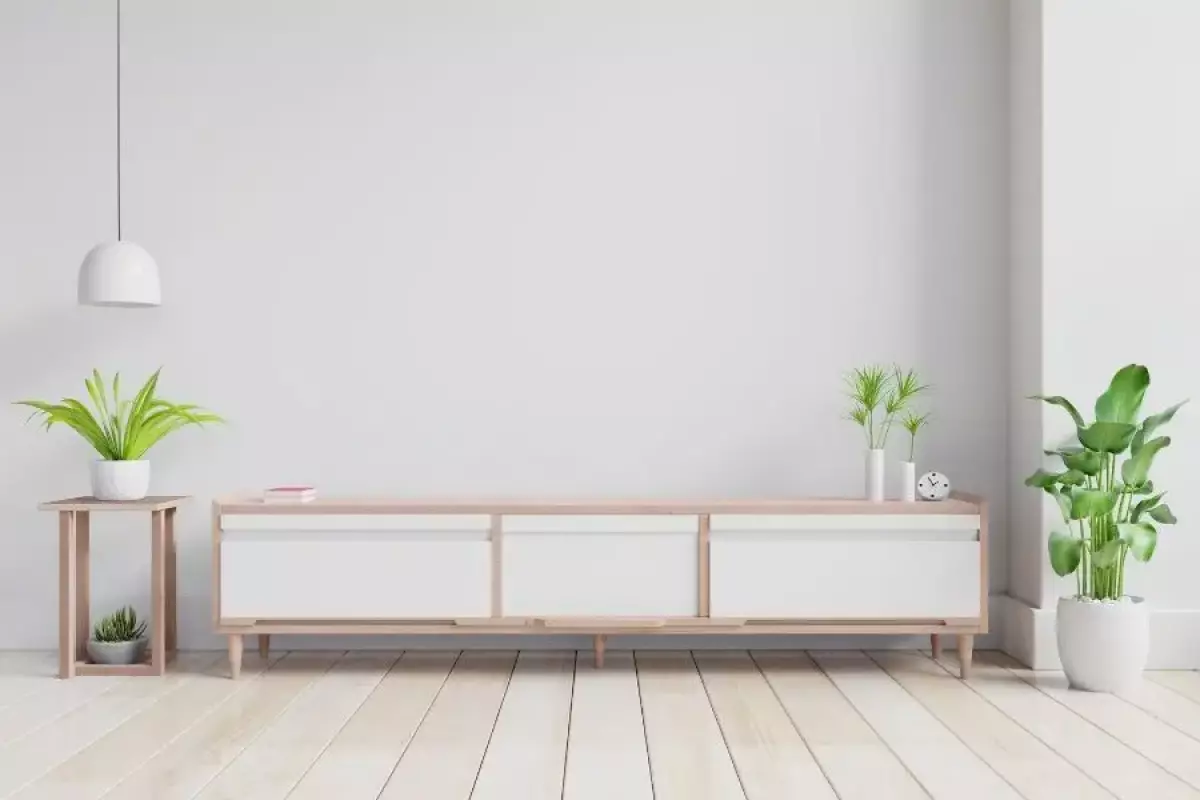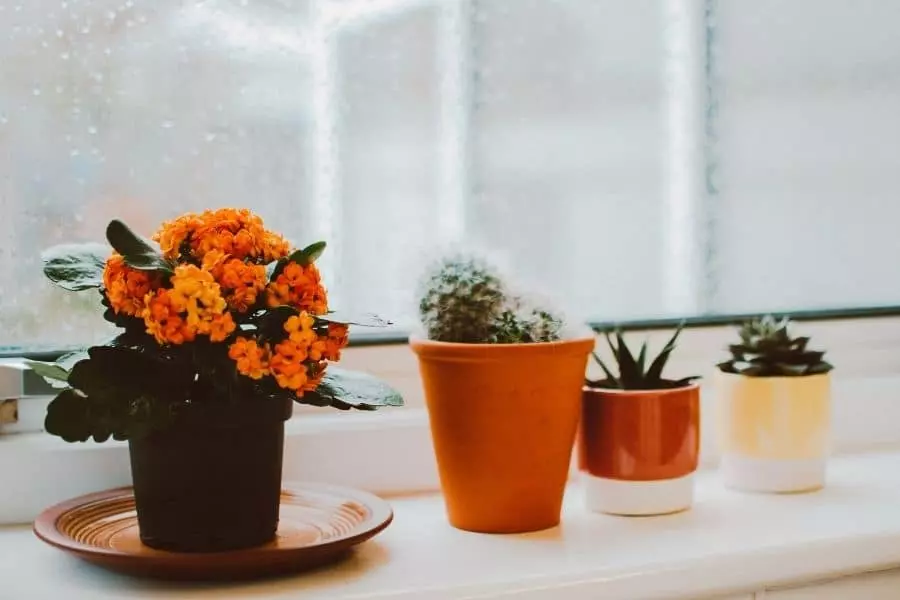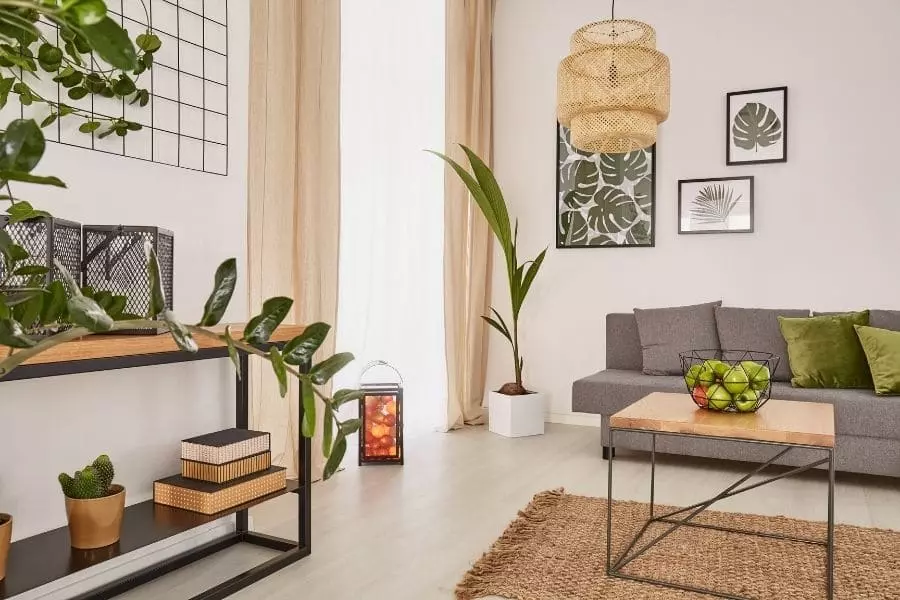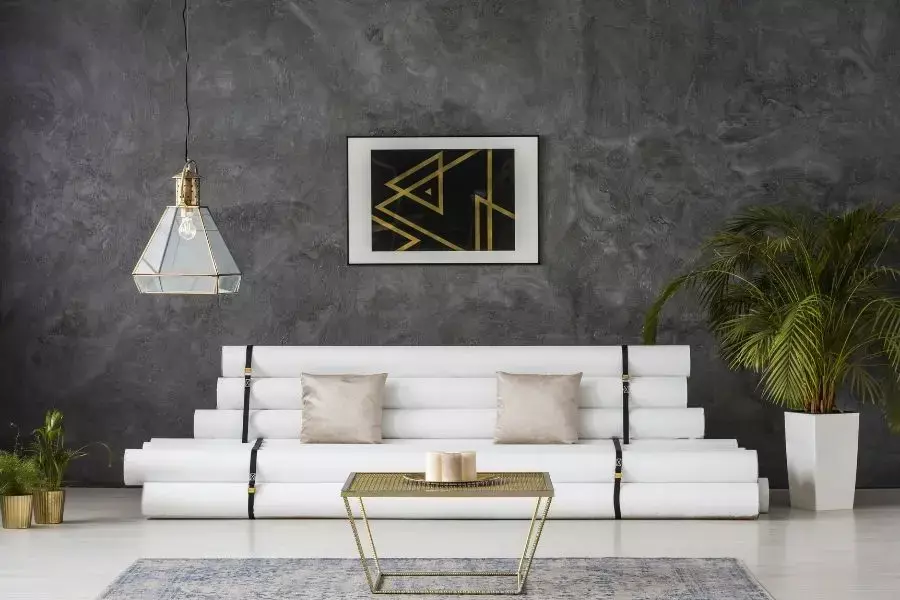 Plants in interior design are not just a decorative element but also have numerous health benefits. They not only add vibrancy and life to any space but also improve the quality of the air you breathe. If you're wondering how to incorporate plants into your home decor successfully, this article is for you. Let's explore some time-saving tips and current design trends that will help you make the most of your indoor plants.
Plants in interior design are not just a decorative element but also have numerous health benefits. They not only add vibrancy and life to any space but also improve the quality of the air you breathe. If you're wondering how to incorporate plants into your home decor successfully, this article is for you. Let's explore some time-saving tips and current design trends that will help you make the most of your indoor plants.
Looking after indoor plants
 Taking care of indoor plants doesn't have to be complicated. Start by researching the specific needs of your chosen plants and make sure they are suitable for growing indoors. Use well-draining soil and provide adequate light and water according to the plant's requirements. With a little knowledge and effort, anyone can become a successful plant caregiver. Check out our post on the basics of indoor plant care for more practical tips.
Taking care of indoor plants doesn't have to be complicated. Start by researching the specific needs of your chosen plants and make sure they are suitable for growing indoors. Use well-draining soil and provide adequate light and water according to the plant's requirements. With a little knowledge and effort, anyone can become a successful plant caregiver. Check out our post on the basics of indoor plant care for more practical tips.
Adding greenery to your décor
To fully embrace the potential of plants in interior design, consider the following time-saving tricks and design trends:
1. Know your room
Take a close look at your space and identify areas that could use a living decorative piece. Determine which parts of the room need additional greenery and which ones could benefit from open space. By understanding the strengths and weaknesses of your room, you can strategically place plants for maximum impact.

2. Commit to one style
Create a cohesive look by choosing a dominant theme for your interior design. A clear idea and consistent style will provide a solid foundation for incorporating plants into your decor. Plants can act as the perfect finishing touch, enhancing the overall aesthetic appeal of the space.

3. Use a plant as a hero piece
Make a statement by featuring a standout plant as the focal point of your room. Whether it's a large plant in the center or a leafy centerpiece in a corner, let your favorite plant take the spotlight. By giving your plant a prominent place, you can create a visually captivating and inviting atmosphere.

4. Don't clutter the place
Avoid overcrowding your space with unnecessary objects that divert attention from your plants. Minimalism in interior design can help create a clean and focused environment where plants can truly shine. Find the perfect balance between plants and other elements to maintain a visually pleasing and harmonious atmosphere.

5. Remember size matters
Consider the size of your plants and how they fit within your overall design. Large plants work well as statement pieces, especially in minimalist or spacious interiors. Smaller plants can be strategically placed in areas where space is limited. Mixing plant sizes can be effective if done purposefully and in harmony with the room's proportions.

6. Put a plant in an empty corner
Transform that empty corner of your room into a visual delight by adding a plant. Choose a larger plant to fill the void and bring life to an otherwise unused space. By utilizing empty corners, you can create a well-balanced and inviting atmosphere throughout your room.

7. Choose easy plants
If you're new to gardening or prefer low-maintenance plants, opt for varieties that are both visually pleasing and easy to care for. There are plenty of options available in the market that require minimal attention and still add beauty to your space. Explore our selection of favorite easy-care indoor plants for inspiration.

Indoor gardening done right
Incorporating plants into your interior design is about more than just aesthetics—it's about creating a harmonious and balanced living space. By understanding the principles of composition and incorporating time-saving solutions, you can enjoy the beauty and benefits of indoor gardening. Take a look at common interior design mistakes and learn how to avoid them. Are you ready to embark on your indoor gardening journey? Explore our unique collection of high-quality planters, available in a variety of styles, shapes, and finishes.

















